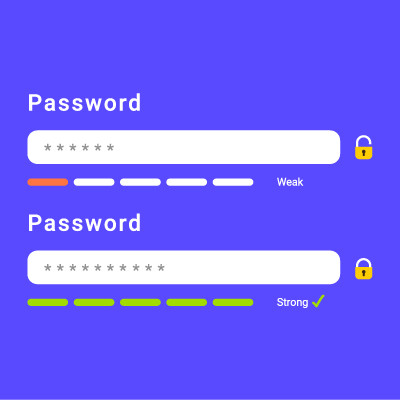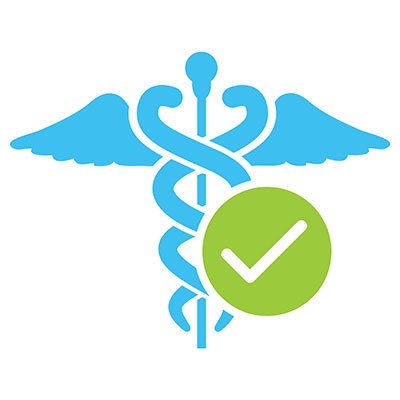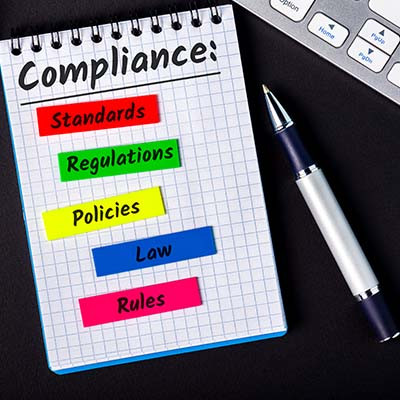For businesses, staying compliant with data regulations isn’t just about avoiding hefty fines; it’s about building trust with customers, protecting sensitive information, and keeping operations running smoothly. Ignoring compliance isn’t an option. A single slip-up can lead to legal trouble, financial losses, and serious damage to your company’s reputation.
USA Computer Services Blog
Typically, we use this space to talk about technology-related issues that have a positive impact on business, society, and individuals. Information technology has and will continue to transform the world we live in. One of the central topics of this giant IT transformation is artificial intelligence (AI) and where it fits into the paradigm of modernity. Much has been made about the potential benefits of AI—and many of them are legitimate—but in today’s blog, we wanted to discuss the dark side of AI, and whether or not immediate regulation of the technology is a prudent decision.
Every time you log into an account, you have to enter a password. And we know exactly what you’re thinking: why? Good password hygiene is important, especially in high-profile environments like your business. Passwords play a crucial role in securing your network, so you should know how to build better passwords—if not for your own sake, then for your business.
In today’s world of flexible working environments and conditions, you want to be intentional with how you share and distribute access to your company’s data. You’ll need to ensure that you are not accidentally putting your data in harm’s way due to outdated and insecure data retrieval policies and procedures.
In 1996, the United States Congress passed the Health Insurance Portability and Accountability Act, better known as HIPAA, in an attempt to streamline the healthcare system while also maintaining individual privacy of individuals’ health records. This regulation allowed people to more effectively and securely transfer their health coverage without the risk of fraud or abuse of health records. As you can imagine, your technology plays a significant role in making this happen.
Many companies, individuals, and organizations have sought to get the most value out of cloud computing, making it an industry that also requires a certain level of regulation. With its increasing integration into our daily lives, it’s no small wonder that there is a greater effort to control certain aspects of it. Here is what you can expect from cloud regulation in the near future.
There are numerous industries that, in one way or another, deal with sensitive data on the regular. In order to protect this data, numerous laws, regulations, and other requirements have been put on the books that require businesses to maintain—as well as prove—their compliance to them.
Today, we wanted to focus on how a business would prove their compliance, so we’re going to dive into the subject of compliance reporting.
It is undeniable that technology has become ingrained into our workplaces, and perhaps even more so into our daily lives—particularly considering the events of the past few years. This is likely why it is so surprising when a large tech company bans a user for some activity on their platform.
With all that is happening today, this surprise has largely turned into outrage over whether or not these companies can really ban people over what they share on the platform. Let’s go over the situation to try and glean from it some answers.










